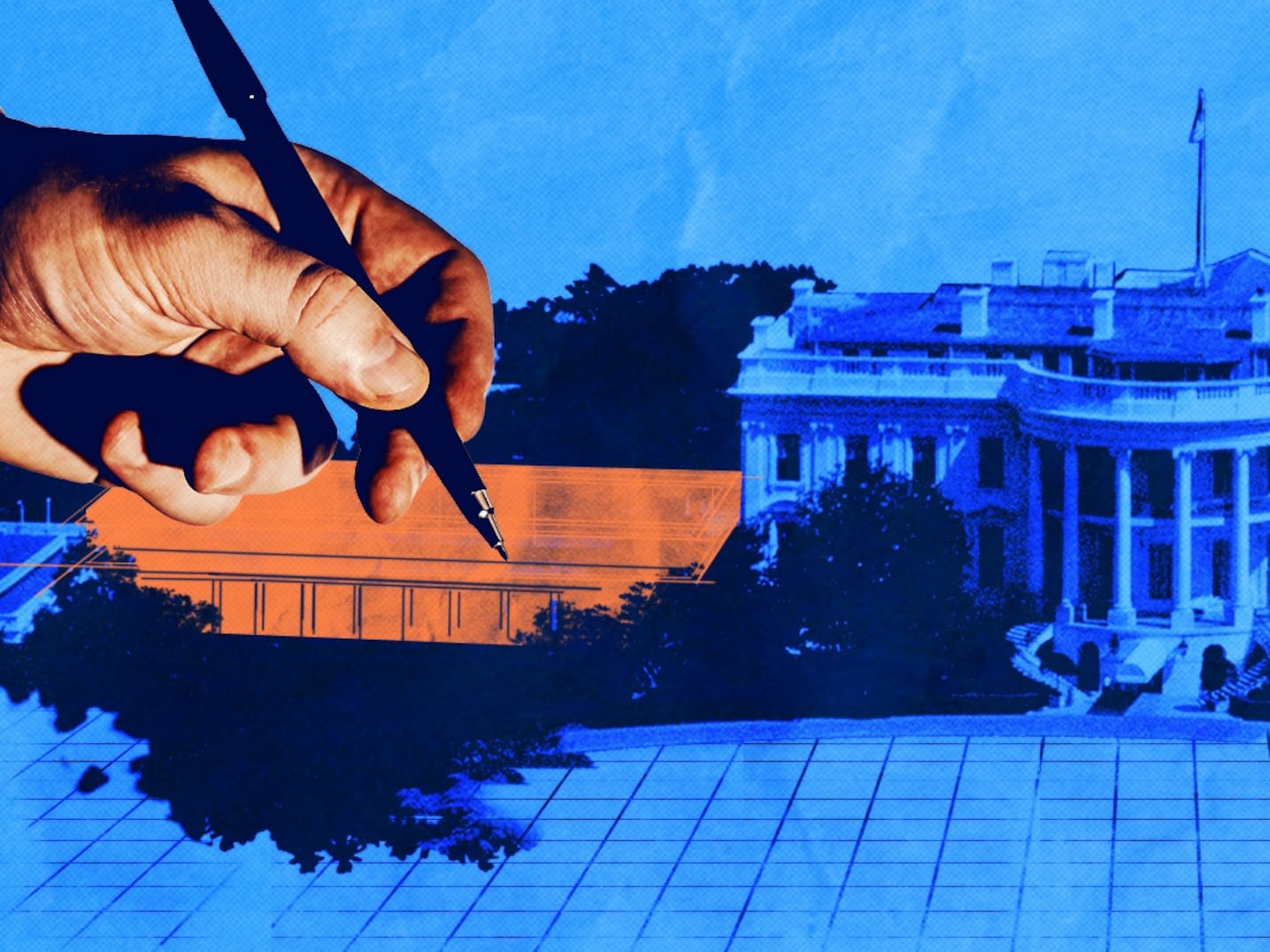Thirty-three years after his death, it is hard for American readers to appreciate the kind of authority that Jean-Paul Sartre once enjoyed in France. For three decades, starting with the end of World War II, he combined the prestige of a novelist and playwright with the authority of a philosopher and the energy of an activist. We Have Only This Life to Live, a big, fascinating, sometimes enraging new collection of Sartre’s essays, shows him turning himself, over the course of a long career, into something like the official conscience of France and Europe. Yet these essays also testify voluminously to the vices of the political intellectual.

The primary value of this continental conscience, the one idea that ties together the wide-ranging essays in this book—treatments of art, literature, philosophy, politics—would have to be freedom. Existentialism, for Sartre, was a philosophy of liberty, insisting that human beings, entangled as they are in circumstances not of their own making, can always rebel against those circumstances by asserting their free will. In the short 1944 essay “Existentialism: A Clarification,” Sartre tries to set straight the journalists who had turned his philosophy into a kind of scandalous fad. The key insight of the existentialist, he writes, is that “man must create his own essence: it is in throwing himself into the world, suffering there, struggling there, that he gradually defines what this man is before he dies.”
Whatever he is writing about, in this early period at least, Sartre manages to interpret the subject in terms of its connection with freedom. A beautiful example comes in his essay on the mobiles of Alexander Calder, which he lyrically describes as physical embodiments of unpredictability: “Calder's mobiles waver and hesitate. It is as though they make an error, then correct it.” What Sartre describes as “hesitations and resumptions, gropings and fumblings,” remind us of the vicissitudes of human beings as they move through the world. So, too, in his early essay on “Temporality in Faulkner,” the shifts of consciousness in The Sound and the Fury serve Sartre as examples of the way “Man is in no sense the sum total of what he has but the totality of what he doesn't yet have, of what he could have.”
Yet starting in the mid-1940s, and increasingly over the next 10 years, Sartre begins to worship at another altar: the altar of Communism. This is an ideology that has notoriously little use for individual freedom; instead of human beings freely making themselves, it sees them acting out the roles imposed on them by the class struggle. In the mission statement for Les Temps Modernes, the magazine he launched in 1945, Sartre seems to reject any notion of artistic independence. The writer, he now believes, is always already committed to history, and has no choice but to take part in the political battles of his day. “The writer is situated in his time; every word he utters has reverberations. As does his silence,” Sartre warns.
In the pages that follow, we witness the strange and, eventually, repellent spectacle of this tribune of freedom becoming an apologist for the worst kinds of oppression, so long as it comes waving the banner of liberation. A key text here is “Portrait of the Adventurer,” published in 1950 as the introduction to a book about writers who were also men of action, like T.E. Lawrence and Andre Malraux. Subversively, Sartre turns his piece into a rejection of precisely that type of human being, in favor of what he calls “the militant”—that is, the militant Communist, the party member. When he writes, “Rather than taking your ego from you, the Party gives it to you,” he means this as high praise: the militant extinguishes his individual personality and becomes a pure function of the class struggle. “He is never alone because he discovers himself through the others. He possesses neither depth nor secrets.” At the end of this hymn to soullessness, even Sartre himself seems to recoil: “Yet a socialist society in which future Lawrences would be radically impossible would strike me as sterile,” he confesses.
This tension between the demands of the revolution and the demands of the free individual continued to toss Sartre to and fro, politically speaking. After the Soviet invasion of Hungary in 1956, he writes The Ghost of Stalin, in which he condemns Stalinist crimes while still trying to extenuate them as the necessary birth pangs of socialism: “Must one give the name of socialism to this bloody monster that tears itself apart? I answer frankly: yes … we had to have that one or none at all.”
By 1968, the Soviet crackdown on Czechoslovakia left Sartre with no choice but to abandon his illusions about the U.S.S.R. “The Socialism That Came In From the Cold,” his essay on Czech culture under communism, is as clear-eyed an analysis as any dissident could offer. Yet even then, he condemns this socialism in the name of a potentially better one. By then, he has transferred his illusions about liberation to the Third World. In his famous introduction to Frantz Fanon’s The Wretched of the Earth, he writes with unconcealed glee about the prospect of Algerians killing their former masters, which happen to be the French. At the bottom of much of Sartre’s politics, in fact, there lies a frank enjoyment of hatred, which also expresses itself in some of his polemics against enemies and former friends. That is why We Have Only this Life to Live ends up seeming less like an inspiration than an existential warning: a great intellect alone, it shows, does not make a great man.






